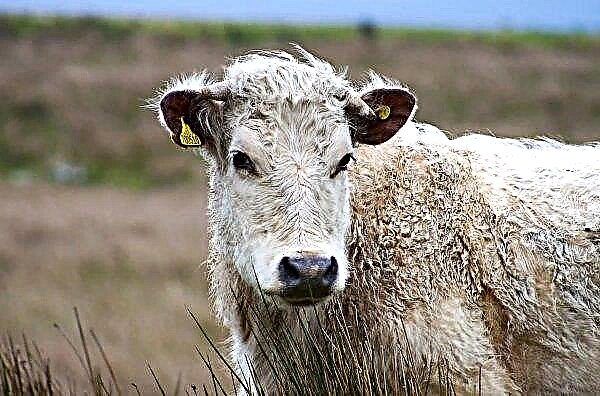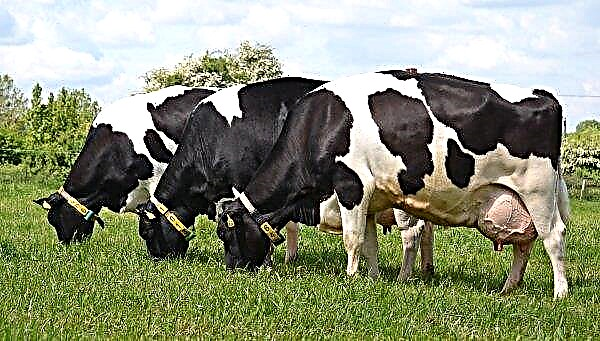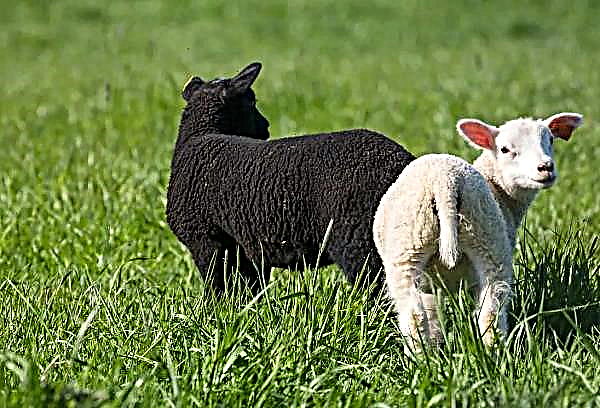British scientists from the University of Bath have begun laboratory cultivation of meat cells with the prospect of moving directly to the cultivation of "artificial meat."
If it is possible to start industrial production, then meat-eaters will one day be able to switch to “artificial bacon.” Researchers say that the UK has good prospects in this direction thanks to their own experience in medicine and engineering.
Laboratory-based meat products have not yet been marketed, although U.S. company Just said its chicken nuggets grown from cages taken from a feather of a chicken that is still alive will soon be available in several restaurants. Chemical engineer Dr. Marianna Ellis from Bath University considers meat grown "an alternative source of protein to feed the world." Cultured pig cells are grown in her laboratory, and this may one day cause the bacon to become completely artificial. Graduate student Nick Shorten of the University of Aberystwyth says that in the future it will be possible to take a biopsy from a pig and isolate its stem cells, from which several cells can be grown , and put them in a bioreactor for a massive increase. And as a result get a large amount of fat. And this despite the fact that the pig will remain alive.
But it will take years of research to reproduce the taste and texture of bacon. It is expected that meat grown in the laboratory will not be widely distributed for at least five years. It is still unknown whether people will want to eat this, but polls in the UK show that 20% of respondents will eat this, 40% will not eat, and the rest have not decided yet. Chris Bryant, a psychologist at Bath University, talks about three main problems that they could inhibit the use of "laboratory meat" - price, taste and naturalness, and separately - about the security problem, when people believe that natural is always better than artificial.












